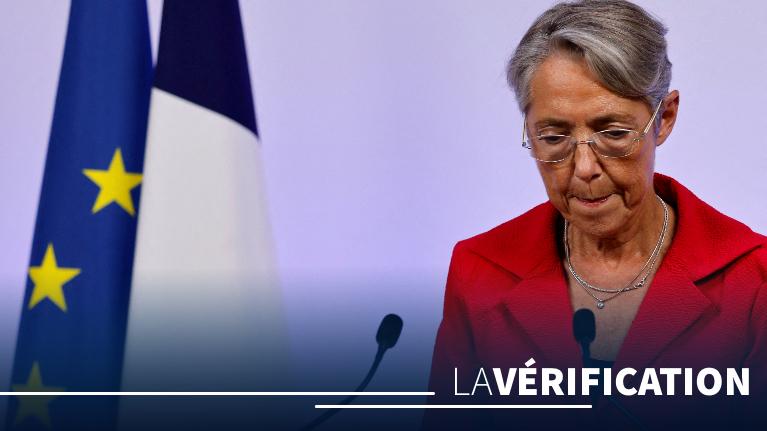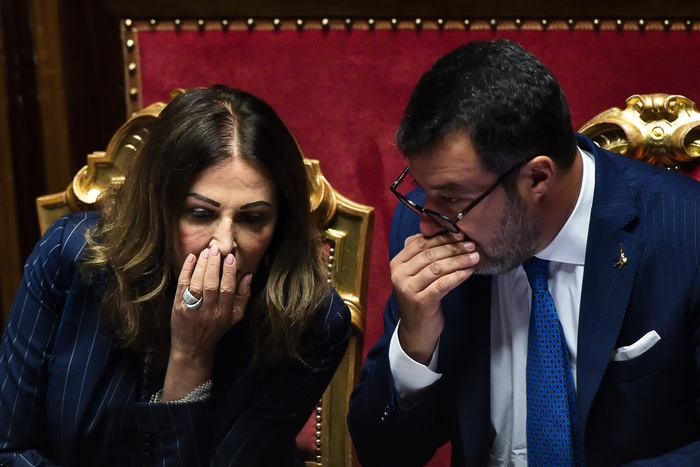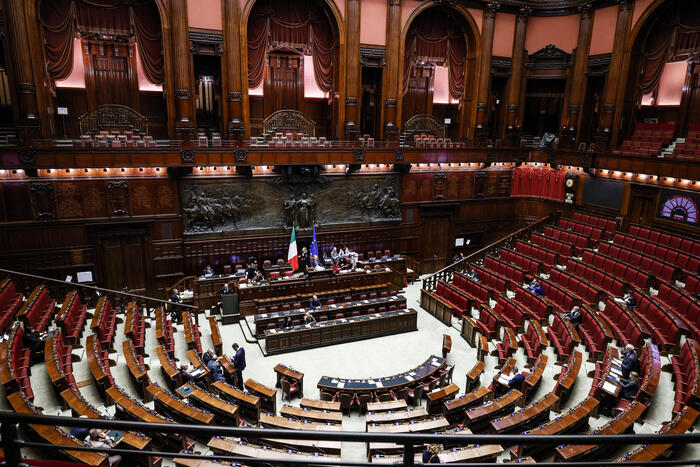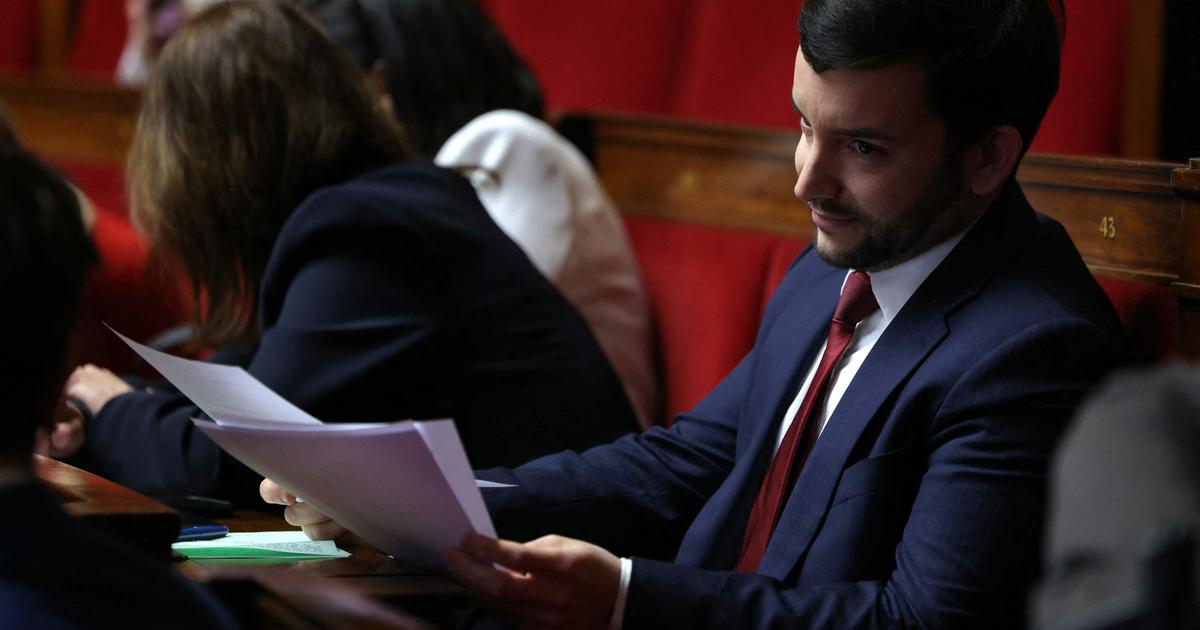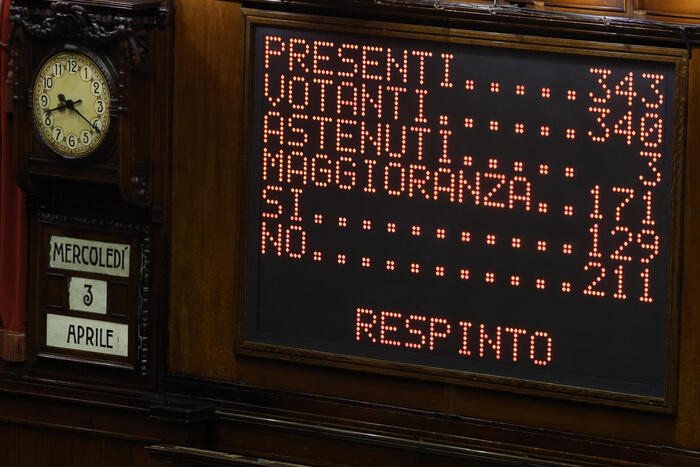This is the next big step for the executive.
On July 5, if the date is well maintained, Prime Minister Élisabeth Borne is expected before parliamentarians to deliver the traditional general policy speech.
A speech during which the head of government will present his program, first in the National Assembly, then the next day in the Senate.
Read alsoMacronie ready to settle for a relative majority, with Borne
Since Sunday, calls for this speech to be followed by a "vote of confidence" from deputies have multiplied.
"
The first task of Mrs. Borne's government, since there is an Assembly which has just been elected, is to appear before the Assembly and ask for confidence
", declared Jean-Luc Mélenchon, first to make this request.
"
Let's respect our democracy
", completed the ecologist Julien Bayou at the exit of the Elysee Palace on Wednesday.
“
It is the logic of the institutions
”, also explained the socialist senator, Patrick Kanner.
At this stage, neither Élisabeth Borne nor Emmanuel Macron have said whether or not there will be such a vote.
Why ?
Because they know the risky process in the absence of a majority - the oppositions being able to agree to vote against, take over and thus force the government to resign.
Three Prime Ministers have already refused
If they can afford this hesitation, it is also because only the republican tradition is at the origin of this vote.
And if they wished not to perpetuate it, the Head of State and the Prime Minister would not be the first.
In more than sixty years of the Fifth Republic, three prime ministers have thus deprived parliamentarians of this privilege.
They are Michel Rocard, Edith Cresson and Pierre Bérégovoy, successively in office during the same period of fragility, from 1988 to 1993 and during which the Socialists had only a small relative majority, capable of putting in jeopardize the results of this vote.
Read alsoÉlisabeth Borne, determined to stay at Matignon, must convince Macronie
It is therefore no surprise that the government is now wondering about the need to comply with this exercise, which is very democratic, certainly, but just as dangerous.
And it's also no surprise that his opponents keep asking for it.
Firstly because they know that they have a way of gaining the upper hand over the executive and sending a strong message, consisting in saying that the oppositions do not intend to be inaudible.
Several political forces, both left and right, have also made it known that they would not vote for confidence if the vote took place.
Then because this approach has gradually become established as a means of legitimizing a government.
And that this legitimacy seems all the more necessary at this time.
Because if Emmanuel Macron recalled during his speech on Wednesday evening that it was indeed his "
project
" which was approved on April 24, the results of the legislative elections tipped him into a democratically unprecedented period, prompting him to take Parliament into account more than ever.
Some opponents have in any case anticipated the scenario depriving them of the vote.
La France insoumise has already announced that it will table a motion of censure on the day of the general policy speech.
If it is voted by more than 289 deputies, it will then force the government to submit its resignation.

